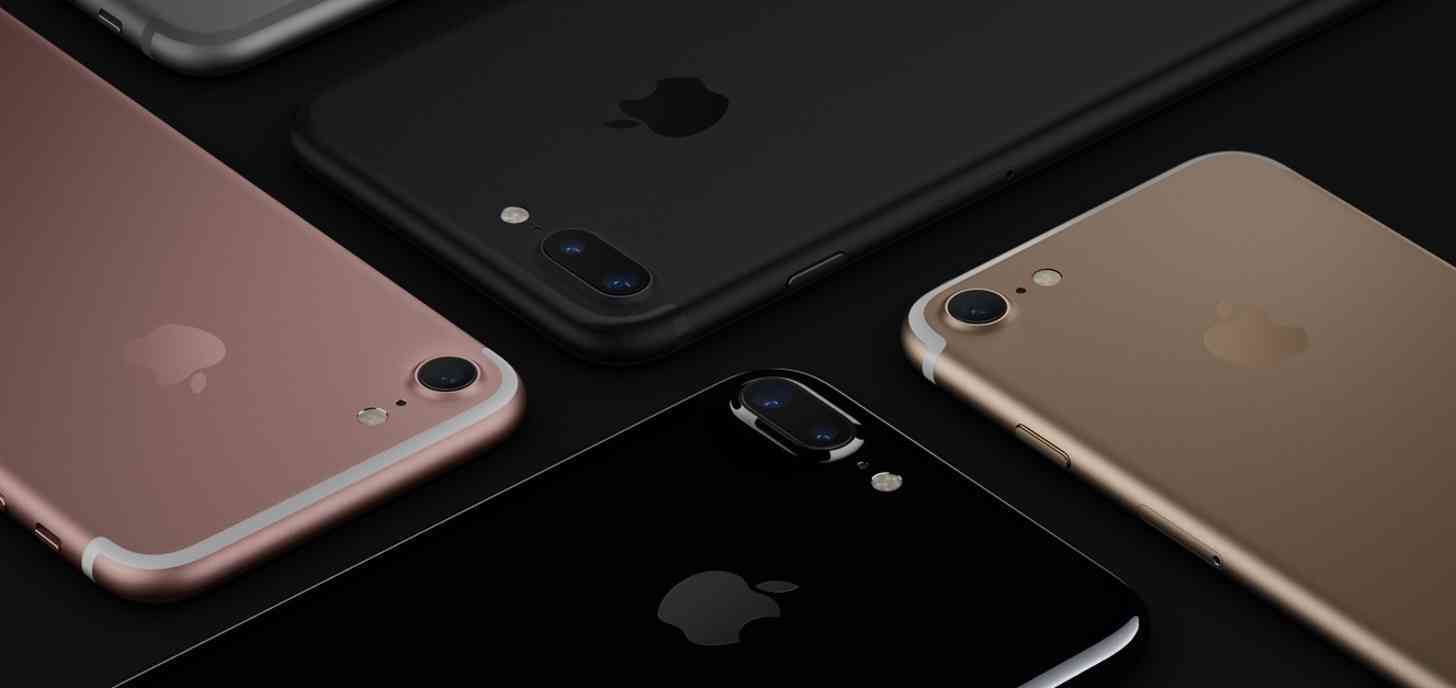
The news cycle for smartphones is typically dominated by rumors, leaks, and speculation. Depending on the time of year, the rumor mill can send out a ridiculous number of new reports on a regular basis, sometimes --maybe even oftentimes-- completely detailing a handset long before the manufacturer has a chance to officially announce the thing. It's something that anyone who follows smartphones for any length of time comes to terms with rather quickly.
Even low-end, or mid-range devices get the treatment on a regular basis. Just recently we saw leaked photos of the HTC-branded One X10, which is an evolutionary successor to the One X9 launched last year. No handset is safe, it seems, and I'm sure that we'll be seeing the rumored Nokia 3310 plastered all of the internet before it can get the official unveiling it deserves.
Obviously the high-end handsets, like a new flagship from Apple, Samsung, and LG, get more attention. That's not surprising in the least.
The one good thing about rumors, and leaks, is the fact that consumers can use those to gauge whether or not an upcoming handset should have their attention or not. Should they be preparing to upgrade in a few months or not? Depending on the realistic expectations of the rumors, a consumer can weigh those options. Of course, those rumors aren't a guarantee, and they can certainly go either way. Sometimes a rumor turns out to be true and that's a good thing, and sometimes it's the opposite, and a device you thought you'd want turns out not to be.
For those who are already debating on upgrading their iPhone later this year, the 10-year anniversary handset, colloquially known as the iPhone 8 (or iPhone X), is certainly being built up as a handset to look forward to. An OLED display, with a "Function Area" underneath it; dual-camera setup on the back; wireless charging; and quite a bit more. If the rumor mill is to be believed, Apple is trying to find a way to throw in the kitchen sink with the upcoming flagship smartphone. (And basically catch up to a plethora of Android devices. Zing!)
Oh, and it's also rumored to start at $1,000.
While some Android devices currently host most, if not all, of the features Apple is rumored to include in the upcoming iPhone 8 (I hope they don't call it the iPhone X), the expectation from analysts at this point is that the price increase for Apple's parts will force the company to hike up the price in turn, so it can continue to make the same profit off the new handset. There's nothing technically wrong with that, and some day in the future that cost might even come down as Apple adopts OLED displays (and whatever else) into the bigger iPhone lineup, effectively bringing the price tag down, too.
But, for now, rumor has it that the iPhone 8 is going to cost $1,000, and go up from there. So, theoretically, the top-tier iPhone 8, with the most built-in storage, could cost somewhere around $1,200. That's quite the chunk of change. The question of whether or not up-front subsidies, or only having an option to go with monthly phone payments, is better is certainly valid again in this situation.
It has me wondering: What's the most you'll pay for a smartphone? Do you draw the line at a certain high point? Obviously the cost of a phone, and the features it has, is an important factor to consider when planning an upgrade, so when your next phone might cost more than a grand, is it even an option? If Apple includes all the (realistic) rumored features, does $1,000 or more feel worth it? Let me know!